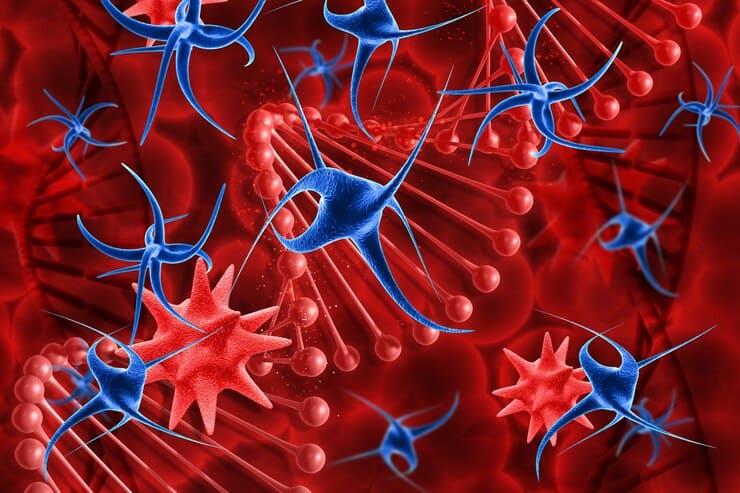KEY TAKEAWAYS
- The study aimed to analyze molecular profiles and optimal treatment for SMARCA4-deficient thoracic tumors.
- The results revealed that chemoimmunotherapy with paclitaxel was effective for treating SMARCA4-deficient thoracic tumors.
SMARCA4-deficient undifferentiated thoracic tumors (SMARCA4-dUT) are identified as distinct entities in the 2021 WHO Classification of Thoracic Tumors. These tumors share demographic and molecular features with SMARCA4-deficient non-small cell lung cancer (NSCLC) (SMARCA4-dNSCLC), highlighting the need for further understanding through immunohistochemistry.
Mengting Shi and team aimed to characterize the molecular profiles of SMARCA4-deficient thoracic tumors (SDTT) and explore potential treatment strategies tailored to these tumors.
They studied a large group of patients from June 15, 2018, to November 15, 2023, including 196 SMARCA4-deficient and 438 SMARCA4-intact thoracic tumor patients. Patients were confirmed using immunohistochemistry. Clinicopathologic and molecular features were analyzed and compared. An additional cohort (n=34) was pooled to compare outcomes of first-line therapy efficacy.
The results showed that SDTT predominantly affects males with a smoking history, high tumor burden, and adrenal metastases. Most SMARCA4-deficient patients have Class-I truncating mutations, whereas class-II alterations and wild-type also exist. SDTT has a higher tumor mutation burden (TMB) and shorter median OS (16.8 months vs. not reached; P< 0.001) than SMARCA4-intact tumors.
SMARCA4 protein deficiency, not genetic mutations, drives these differences. SDTT resists chemotherapy but responds well to chemoimmunotherapy (median PFS: 7.5 vs. 3.5 months, P< 0.001), with paclitaxel-based chemoimmunotherapy offering longer PFS than pemetrexed-based ones (10.0 vs. 7.3 months, P= 0.028).
The study concluded that SMARCA4 protein deficiency drives higher TMB and poor prognosis. Chemoimmunotherapy is the best treatment, with paclitaxel-based regimens outperforming pemetrexed-based ones.
No funding information was provided.
Source: https://www.lungcancerjournal.info/article/S0169-5002(24)00352-0/abstract
Shi M, Pang L, Zhou H, et al. (2024). “Rare SMARCA4-deficient thoracic tumor: Insights into molecular characterization and optimal therapeutics methods.” https://doi.org/10.1016/j.lungcan.2024.107818



